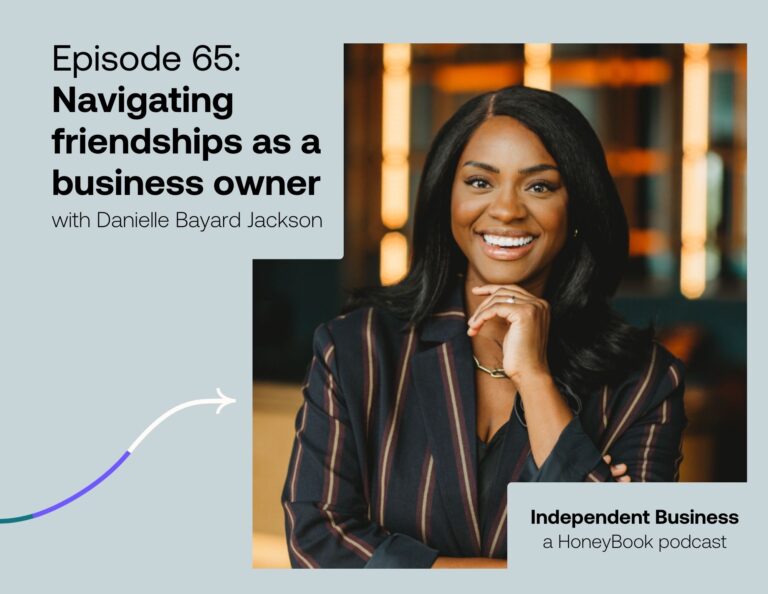
Remember this one? “I’ll rest when I’m dead.” We’ve all heard it, and likely have used it ourselves jokingly. But trust me, you’ll achieve the “dead” part way faster if you don’t focus on the “rest”!
In January, I suffered a crazy accident while on assignment. I fell down a well and hit my head, causing a brain injury. It wasn’t my first, so I was ready for what was ahead—a change in lifestyle, sensory deprivation, countless hours of sleep, and much research along the way.
Self care has become like a second job since then. Without it, my brain won’t allow me to sustain all that is necessary with my creative, entrepreneurial lifestyle. But rest isn’t just about taking time off work. It’s about recovery.
The brain experiences overload and needs to reset in order to tackle your inbox, client deadlines, and business calls more effectively.
Did you know that the brain achieves recovery through rest?
It’s your most complex organ, and controls the entire body. By checking off this box, you’re affecting your physical well being, creative thinking, ability to withstand crisis, and be an overall happier person (i.e. less coffee needed!) Without it, you are left experiencing cerebral overload and a constant state of dragging and suboptimal performance.
Our brains are constantly processing. From distant noises, multiple conversations, temperature changes, light fluctuations, emotions, cell phone notifications, TV, advertisements. Today, our brain is under more stress than ever, and it’s no wonder we feel fatigue quickly. Limiting the barrage of input has become a necessity.
How Brain Rest Can Make You More Productive
Let’s recall the age old quote from flight attendants of “Put on your own oxygen mask before helping others.”
Putting brain rest at the top of your to-do list will enable you to better tackle the mountain of other things we face as small business owners. Think of how inefficient you feel after a poor night’s sleep. It’s because your brain hasn’t gotten the recharge it needs.
Without rest, all tasks are getting less than 100% of your focus, energy, and ability.
What is Brain Rest?
Resting the brain includes more than just sleep or napping (although that’s important, too.) There are many other proven methods to give your noggin a reboot.
- Meditation: Just 20 minutes of meditation can provide your brain the same recharge as up to 8 hours of sleep. Plus a myriad of other benefits. Check out the Headspace app if you’re a newbie.
- Exercise: Clear your brain from input overload and raise your endorphins for a more alert, and healthy mind.
- Nature: Being outside is proven to boost your brain health by eliminating constant stimulation, getting fresh air, reducing eye strain and making us feel more connected and happy.
- Simplifying: Having less clutter in your life (both physical and mental) will put less burden on your brain. Get rid of what you don’t need which is creating mental chaos (overstuffed closet, a crammed calendar.)
- Screen-free Time: Commit to a half or full day with no screens (phone, computer, TV) and make it a weekly habit. You’ll be amazed with how refreshed you feel!
Creating Habits for Rest Time
Brain rest is something we all need. I’m forced into it because of my injury, but it should be a priority for us all.
I’ve found that forming habits is the best way to make sure I stick with my goals. Once something becomes second nature, I don’t have to stress over remembering to do it.
So I set the Bedtime app on my iPhone to notify me at 9:30pm. When it goes off I close down the laptop, put away anything I didn’t complete and start winding down. Trust me, it’ll still be there in the morning! I’m in bed by 10 with a book, and have no commitments scheduled before 8am (but usually 9, because I’m not a morning person!)
I extend this type of scheduling to other aspects of brain rest. Before the week begins, I take a look at my schedule. Where can I insert brain rest times? Whether it’s a run with the pup, TRX class, meditation, yoga, dinner with a friend, etc.
Figure out what brain rest looks like for you and start with one commitment a week, then work up to one little thing daily. Even 7 minutes of closing your eyes and breathing can refuel your brain for the rest of the day.
But if you don’t plan for it, you’ll probably never do it.
Eventually you’ll start getting more in tune with your body and realize when it’s telling you it needs rest. The important part is to listen and respond, and never feel guilty about taking the time you need. Remember, it will only make you stronger!



